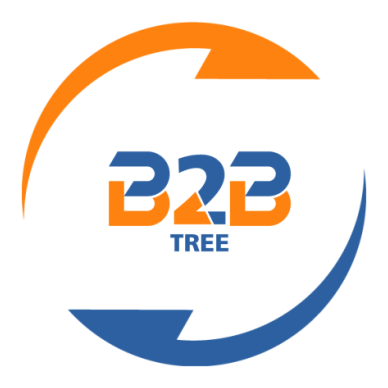Investment concepts and rules

digital economy definition
The tremendous progress in information and communication technology has led to fundamental changes in lifestyles in various fields, whether at the individual or family level, at the level of societies, the economy and the environment. It directly led to a change in the methods and means of implementing economic activities, and produced a new type of economy known as the digital economy, and its positive impact was reflected on society in general, as the transformation of the digital economy would change and achieve new events that positively affect the economic interests of countries in general.
The concept, features and goal of the digital economy:
It is that type of economy that is based in the entirety of its operations on information, and is based in most of its steps on the use of information and communication technology that abolished all borders and barriers to the flow of information, goods and services and the movement of capital to and from any point in the world, and at any time.
The digital economy is characterized by the entry of information and communication technology into various economic activities. The digital economy allows sending and receiving any amount of electronic currency instantaneously at any time and place, and the digital economy aims to achieve benefits for establishments and companies using information and communication technology. Among these benefits are removing geographical, temporal and structural barriers and improving dealing with cost constraints.
The difference between the digital economy and the traditional economy
|
Standard |
traditional economy |
digital economy |
|
markets |
stable |
advanced |
|
Competition limits |
Relatively local or regional |
International |
|
physique |
Intrinsically industrialized |
Service/information in essence |
|
source of value |
Raw materials/natural capital |
human and social capital |
|
production |
big production |
flexible production |
|
Competition goal |
relatively local |
worldwide |
|
source of competitive advantage |
Reducing costs to compete |
Innovation, Quality, Adaptability |
|
The importance of research/innovation |
low / medium |
high |
|
Organization |
command and control |
Flexible and market-focused |
|
market changes |
slow |
Unpredictable fast |
components of the digital economy
The digital economy consists of two main components, the first is e-business and the second is e-commerce, from which the sub-components of the digital economy branch.
What is meant by electronic business is the shift in performance from the traditional to the electronic one.
Several businesses fall under e-business:
- Electronic management: It is the implementation of management functions and the practice of administrative activities using the means of information technology and the use of electronic equipment, especially the computer.
- Electronic archiving is another important part of electronic business and it is intended to use electronic archiving systems to archive works and documents and save them on computers.
- Services are intended to be provided and implemented electronically around the clock, including the e-government service such as Absher and others.
- The second component of the digital economy is electronic commerce: it is defined as the implementation of economic activity from buying, selling and exchanging goods, services and information between the parties to economic activity through the electronic field. Several components are included under e-commerce:
- E-purchasing and selling and it means carrying out the activity responsible for buying, selling and providing goods and services using information and communication technology, media and electronic methods.
- Marketing and electronic advertising plays an important role in these processes, and trade operations can be carried out through commercial mediation and electronic banks as well.
digital economy challenges
The most prominent challenges lie in the digital gap between reality and aspiration according to the needs of individuals and institutions, while comparing them with developed countries in this field, and the threat of privacy and information crimes is one of the challenges that all business based on information technology share, so this digital and information economy must be protected to ensure confidentiality Data integrity and availability around the clock. The last challenge is organizing this virtual world and clarifying its foundations and legislation to achieve its desired goals while keeping pace with the rapid changes taking place in such fields.
Prepared by the Department of Studies and Research
Al-Rakhaa Association for Businessmen
10/04/2021
